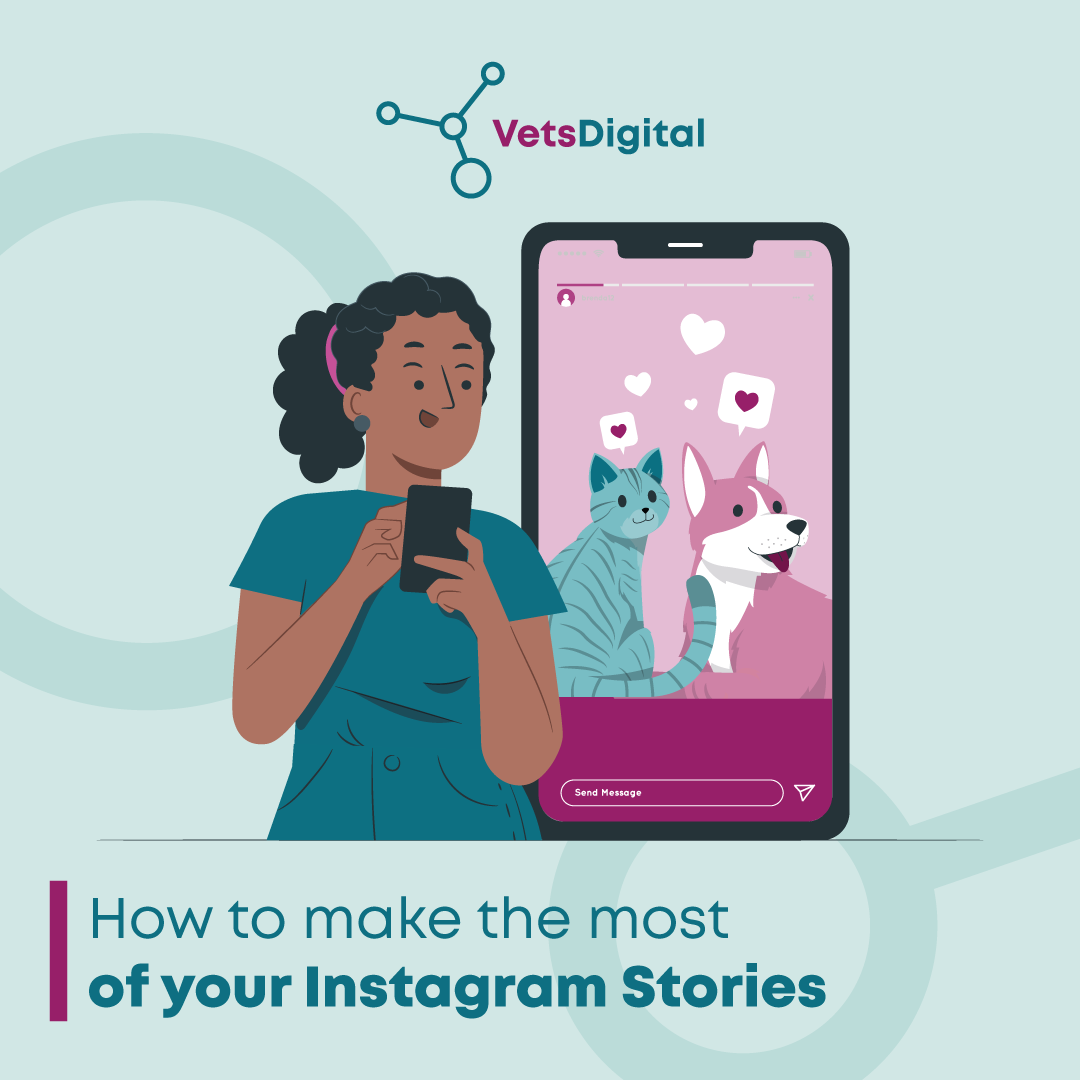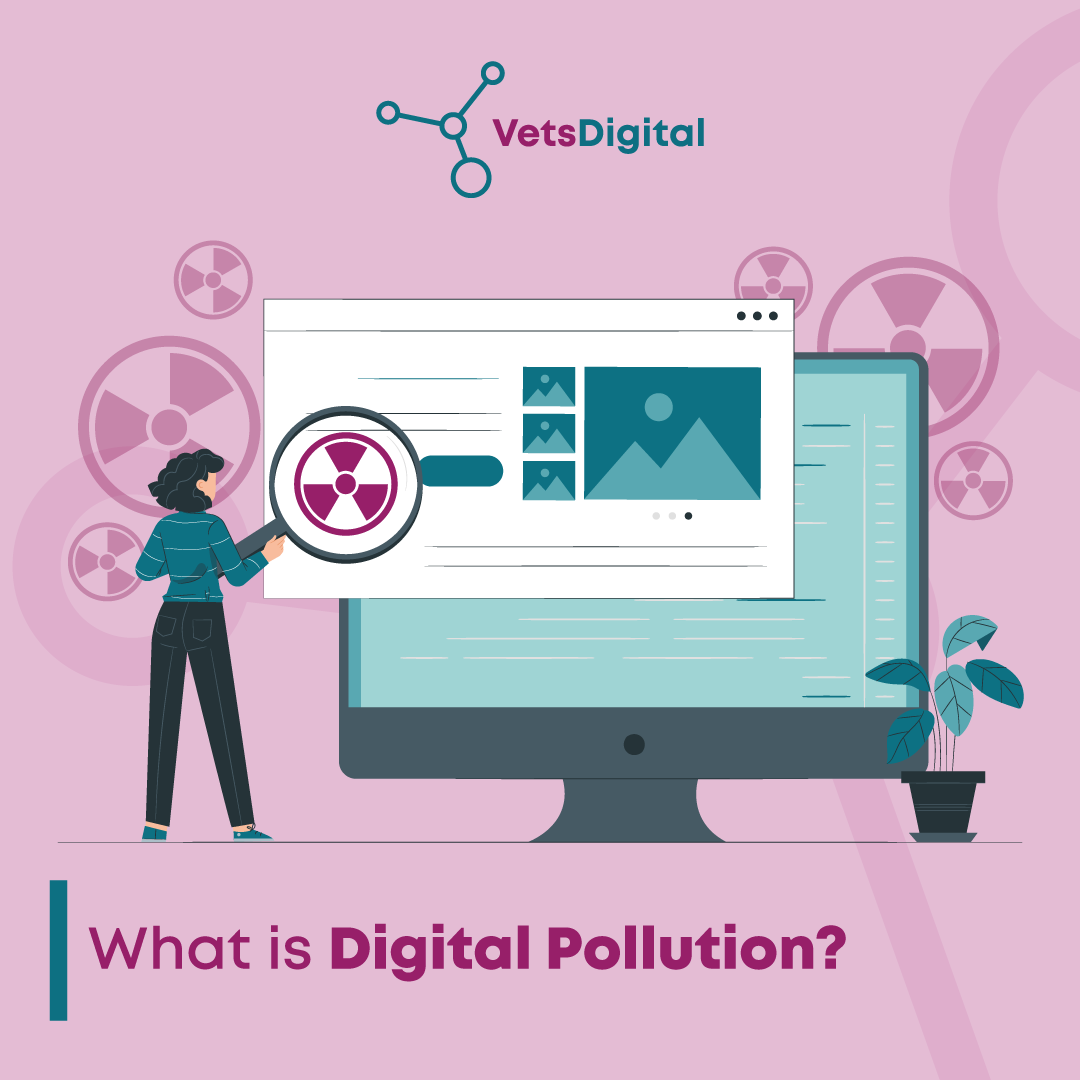News, Symptom Checker, Vet news, Web Design,
BVA warns Pet Owners over Dangers of Dr Google
Today the news hit the mainstream newspapers that The British Veterinary Associations ‘Voice of the Veterinary Profession’ survey, which questioned more than 700 vets, revealed 80 per cent said they had clients who took their pets to see them later than they should, while 98 per cent believed their clients were influenced by what they had read on the internet. Unfortunately,as yet, there is no information on the BVA’s website to confirm if they believe these two facts are linked.
This new research correlates with our findings over the last 6 years of running the VetHelpDirect symptom checker (see illustration showing the increased use of the tool below). Pet owners will turn to the internet if they are worried about their pet and it would be surprising if they didn’t. Speaking personally I have used the internet to diagnose and fix a problem with my dishwasher, replace my car’s wing mirror, and I have even used YouTube to learn how to ice a cake. I have to admit I don’t make many decisions without doing some research on the internet, from which car to buy to how to wean my baby. If I was not a vet I have no doubt that if I was concerned about my dog my first instinct would be to turn to Dr Google.
There are problems with pet owners behaving in this way and as the BVA’s survey has shown it could be leading to pets suffering. Whilst it is perfectly possible to diagnose a problem with a dishwasher on a forum, watch how to fix it on YouTube and buy the parts on ebay, it is obvious to us as vets that it is not possible or legal to do the same for pets.
So what is the answer to this problem? Advising pet owners not to use the internet for research is patronising and unrealistic. The internet can be a fantastic way for the public to learn about animal health and more knowledgeable owners can only be a good thing. Rather than the internet being the problem it is the quality of information available on the internet that is the problem. We, as the veterinary profession, should be ensuring that we are the ones satisfying the demand for good quality online information about pets health, providing information, answering peoples questions, providing advice and ultimately explaining why our services are so vital for the health and wellbeing of their pets. If we as a profession do not fill the online void others inevitably will. Correctly developed symptom checkers result in clients feeling empowered to understand when and how urgently their pet needs to see a vet and then picking up the phone to call you.
Clients instinctively turn to their vets offline, but not necessarily online, I believe we need to change that. There is no need to recreate the wheel, UK vets have access to an array of customisable bolt-ons for practice websites including symptom checkers and client information sheets and videos, there are a variety of excellent websites with good quality information such as FAB, Pet Health Info, the PDSA website has a host of powerful tools including one which helps you decide which pet is appropriate for your lifestyle. Just running an active facebook page where clients know that they can contact you easily online can be enough to encourage them to access your knowledge rather than doing their research in a dodgy forum.







